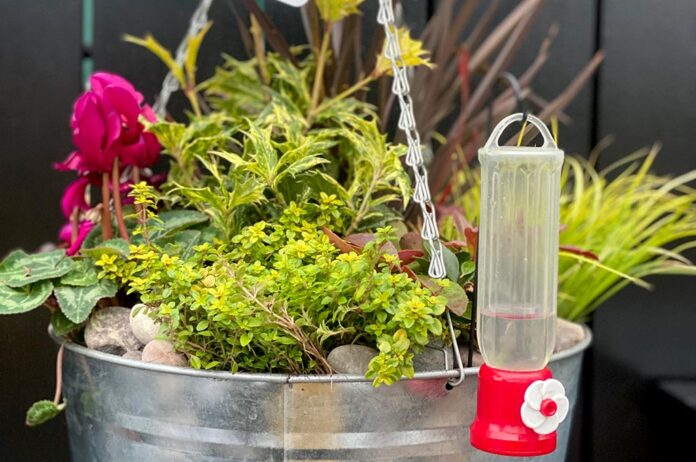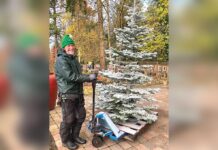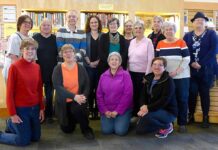I find a sense of normalcy and rhythmic dependability checking my emails every morning. Almost all mornings, it merely is a task of deleting the advertisements sent by the stores that I frequent. The act of removing these emails and watching the inbox number decreasing has always brought me some small joy, an almost embarrassing sense of accomplishment. However, on this particular morning, I found an email forwarded to me by my father, J-Dogg. It was from the paper, complimenting my last article and reminding him of the impending due date of the next. I looked up from the breakfast table suspiciously as he sheepishly batted his eyes, asking if I would write another one. I paused momentarily, pretending to think it over, and with an encouraging stare from my mother responded with a resounding “sure.” So, here I am, the pressure is on, writing another article containing serious wisdom and a few gardening jokes hidden in the ramblings of normal life. Only one problem, I have not been in the garden since my last lucky encounter. Except for quick, purposeful darts to the coffee bar for emergency go-juice, I had not spent a single spare moment looking at the garden or admiring the plants. I began brainstorming, pretending to come up with beautifully written intros and detailed memories, but I still struggled to connect my thoughts to the hearty lumps of leaves that were continuing to grow beneath the frozen ground. I had not been busy, and there was no work for me to do. I had no excuse, yet I found reason and reason again not to write the article, think about plants, and not start this project. Why was this task so hard, I wondered, and after much inner turmoil, I finally realized that I might just be a gardening fraud.
It is not that I do not appreciate plants. I notice when there is an abundant lack of greenery. I enjoy houses filled with blossoming plants, and I always notice when the shrubs are fake. I am undoubtedly a plant person, but truly a gardening fraud — fraud in the sense that I pretend that I garden in a traditional sense. The perfect gardening for me is a potted houseplant or hanging basket instead of an expansive landscape or vegetable garden. I am well trained in creation, yet have little passion for the mundane (to me, that is) plant mysteries. I cannot tell you how to fix yellowing leaves or why your trees refuse to bloom like they used to. For most issues, I would direct you to an actual plant expert who loves learning the intricacies of growing, such as my father. My time in the garden is taking plants that you find beautiful and combining them to make an artistic statement that is truly original and reflective of your personality. Something that I find many individuals believe takes an extreme amount of training and talent, and I’m happy to continue to let them believe so. The question, then, is how do I become a real, fully-fledged gardener, as it must require some sort of training. Recently, I have set out to become a gardener (call it a New Year’s Resolution), and here, in my truthful confession, I give you some insight into my new plant training.
Plant training is always unusual; many learn through experience and a desire to keep their darling plants alive. Some may seem like common knowledge, a high school biology lesson, perhaps. Plants need water, light, and sweet words of encouragement to grow. Occasionally, a plant may need extra help to rid itself of pests like budworm or aphids, but there are many products to cure that issue that just require minor reading or a quick internet search. My plant knowledge is trained, ingrained, learned through years of pretending to ignore plant convention talks. Many people ask me how I create with plants, yet I find myself questioning how they continue to grow a flourishing vegetable patch. Almost a science, but not quite exact. An art, but not using traditional mediums. With both science and art, you begin with something you know and something you like, then continue to answer the questions that arise through trial and perhaps a lot of errors. If there is one thing that I have learned through this process, it’s that even when there is nothing to do, there is always more to learn.


















